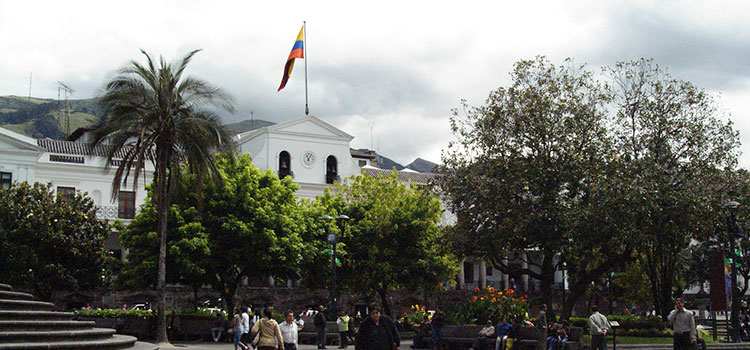Ecuador has moved to increase penalties for small-time drug sellers, going back on reforms instituted last year that differentiated penalties for possession of small amounts of drugs and possession of larger amounts with intent to sell.
Ecuadorian President Rafael Correa, speaking to the National Assembly before the vote, said that small-scale drug dealers, or “microtraffickers,” were “poisoning the population.”
”Do we want to end drug use in youth? We have to jail microtraffickers (…) I have called for higher sanctions for microtraffickers,” President Correa said in September.
Correa called the stricter penalties “preventative prison,” but Hannah Hetzer, Senior Policy Manager of the Americas for the Drug Policy Alliance, said that “this won’t do anything to protect youth from drug use, while filling Ecuadorian prisons with people – mostly women – who are often forced into the drug trade, either out of violence or economic necessity.”
The new law increases penalties for the sale of “small quantities” of certain drugs from 2-6 months to 1-3 years in prison, and for “medium-scale trafficking” from 1-3 years to 3-5 years.
Correa’s step backwards comes at a time when other Latin American policymakers are beginning to recognize the failures of marijuana prohibition and moving to reform their laws. Uruguay legalized marijuana in 2013, and Colombian President Juan Manuel Santos has spoken out against the failed war on drugs.
Source:
Photo Credit: Dallas Krentzel
